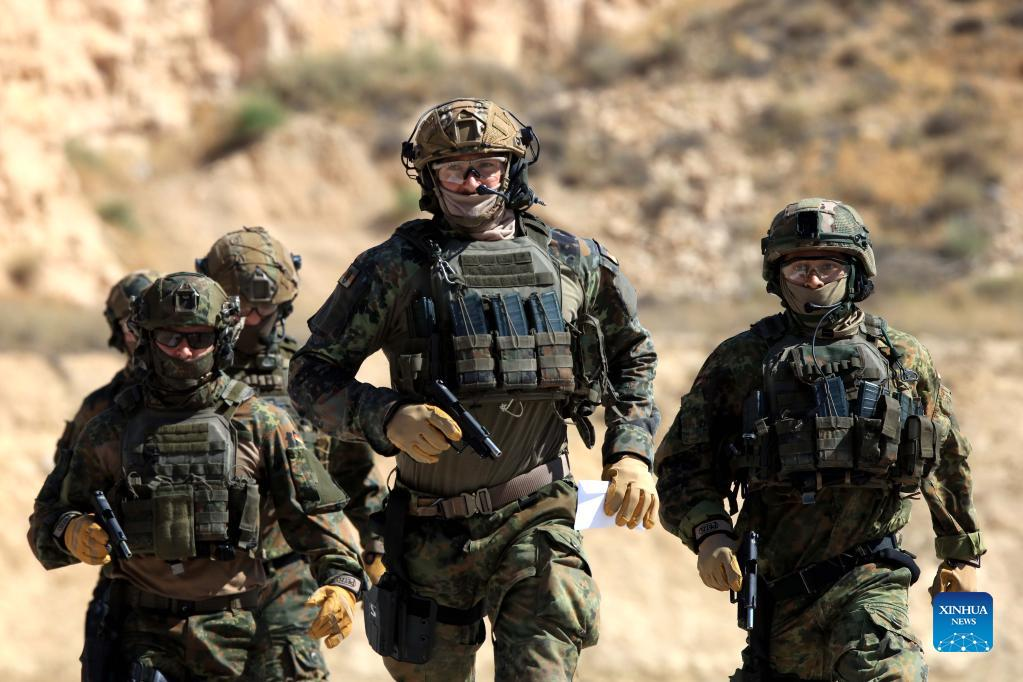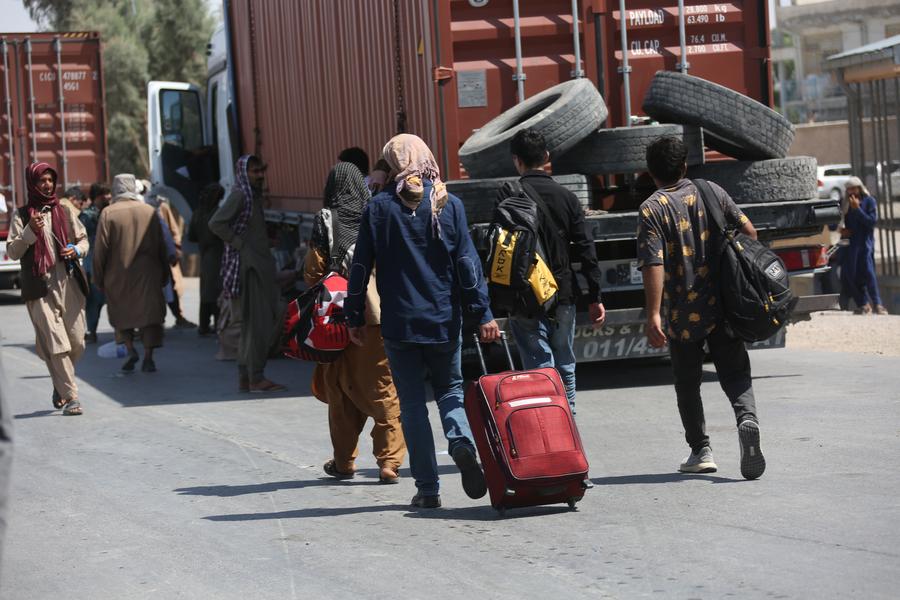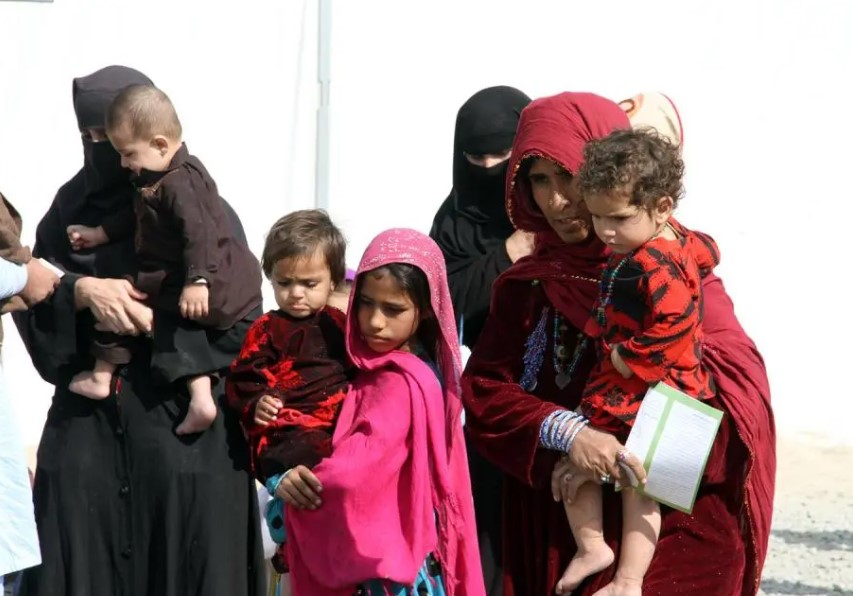Why is India now directly engaging with the Taliban in Afghanistan? Explores Atul Aneja
The Ministry of External Affairs of India recently made a dramatic announcement that an Indian delegation was heading to Kabul to coordinate humanitarian supplies in Afghanistan. The team led by JP Singh — a seasoned hand in dealing with the badlands of the AfPak — would directly hold talks with the Taliban leadership. Soon after, pictures appeared of Singh holding talks with Amir Khan Muttaqi, the Taliban’s foreign minister.
These visuals would obviously have been viewed with dismay across the fragile Durand Line in Pakistan, which had once thought that it was game over after the Taliban drove out the Americans from Kabul last year. Shortly thereafter “the tea was fantastic” pictures of Faiz Hameed had emerged to suggest that Pakistan was firmly in the cockpit, embedded in the beating heart of Southwest Asia.
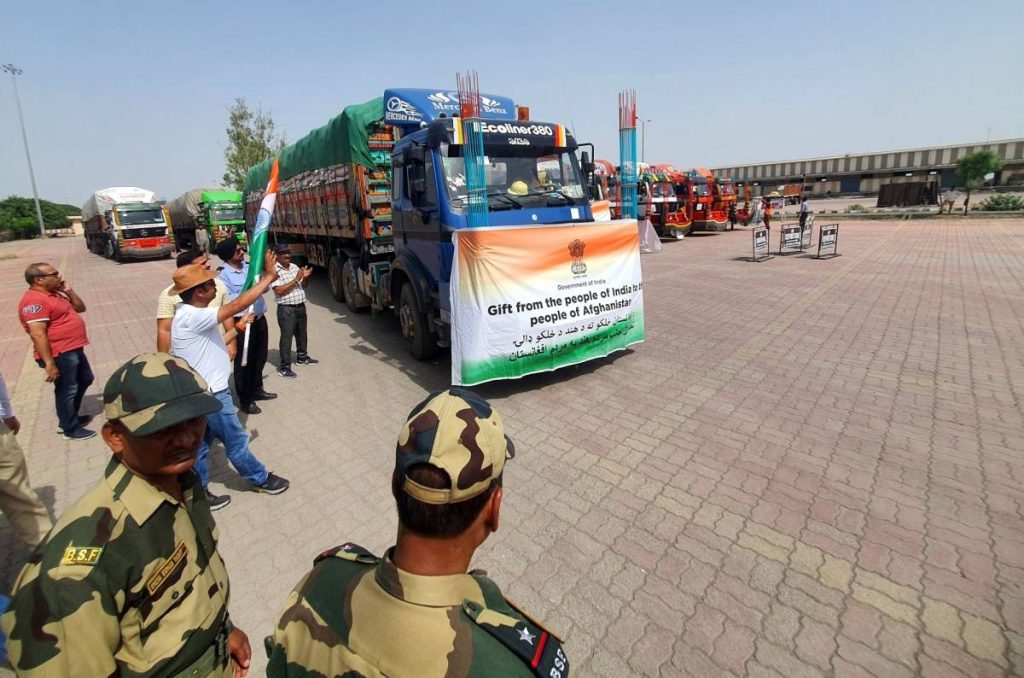
So, what has changed that has persuaded India, which was at one time slammed for putting all its eggs in the US-backed government of Ashraf Ghani, to change track?
There are four key drivers that explain New Delhi’s seeming U-turn towards Afghanistan.
First, the Taliban 2.0 has firmly demonstrated that unlike its previous Avatar that grabbed power in 1996, it is not a proxy of Pakistan. On the contrary, it has proved beyond doubt that it represents Sunni-Pashtun nationalism, batting for the cause of Pashtuns who live on either side of the Durand Line. In Pakistan they enjoy a critical mass in the Khyber Pakhtunkhwa province, hastily formed by the ousted government of Imran Khan Niazi in 2018.
With Pashtun nationalism providing the feedstock, the Taliban, unsurprisingly, and much to Islamabad’s consternation, have not handed over radicals from the Tehreek-e-Taliban Pakistan (TTP) or Pakistan Taliban, who have been effectively battling the Pakistani army across the Durand Line in KP province, to Islamabad.
Skirmishes along the Durand Line are now common with both the Afghan and Pakistan Taliban rejecting the sanctity of this hastily constructed remnant of British imperialism, which, at one time sought to check the advance of the Russian empire seeking warm waters of the Indian subcontinent.
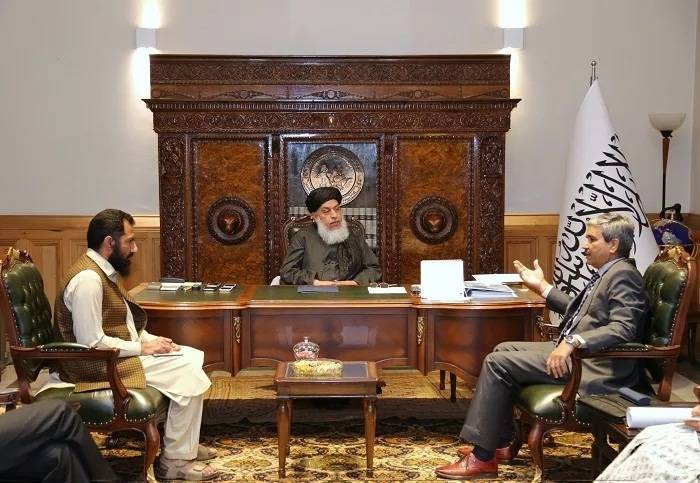
Pakistan, in fact, has now to worry also about the apparent collaboration between the Baloch nationalists and the TTP, which claimed responsibility for the killing of nine Chinese engineers in a bus attack at Dhasu in Balochistan, not far from a power project site, which was part of the troubled China Pakistan Economic Corridor (CPEC).
Second, Taliban 2.0 has conveyed to India that it has no interest in backing the Kashmir-Jihad, which purely remains an ISI-sponsored failed enterprise. The Taliban have also rebuffed an attempt by India baiter and Pak ally Turkey — one of the bullhorns of the Kashmir terror — to control Kabul airport. In fact, the UAE, a country with which India enjoys special relations, has been chosen to run the airport in the Afghan capital.
Third, civilisational India has deep geo — cultural ties with Afghanistan, as manifested by the bold presence of the Bamiyan Buddha statues, which were blown up by the Taliban in its previous incarnation. Over centuries the two nations have traded peacefully — the dry fruit market of Khari Baoli in Delhi, still radiating the old-world charm of thriving trade in dry fruits, whose supply chains extended into the heart of Afghanistan.
ALSO READ:Baradar pledges security to businesses in Afghanistan
Unsurprisingly India’s soft-power still rules in Afghanistan, with Bollywood and cricket adding a new layer of cultural connectivity with a new generation of young Afghans. Rashid Khan whose googlies were hard to read was one of superstars of the just completed IPL 2022.
Aware of the deep emotional bonds at a people-to-people level, India never stopped supply of food and medicines to Covid-hit Afghan people. In fact, having pledged 500 million metric tonnes, New Delhi continues to send instalments of wheat to Kabul at regular intervals.
Fourth, by engaging with the Taliban India is already following a broader international trend. The Eurasian heartland, including Iran, Russia, Turkey and the UAE never closed their missions despite the hostile takeover of the country by the Taliban. Now, Germany and Japan are on course to establish a fresh diplomatic engagement with Taliban 2.0. JP Singh’s latest assignment therefore docks well with a major international trend that is now sweeping across the Hindukush mountains.
(The content is being carried under an arrangement with indianarrative.com)






